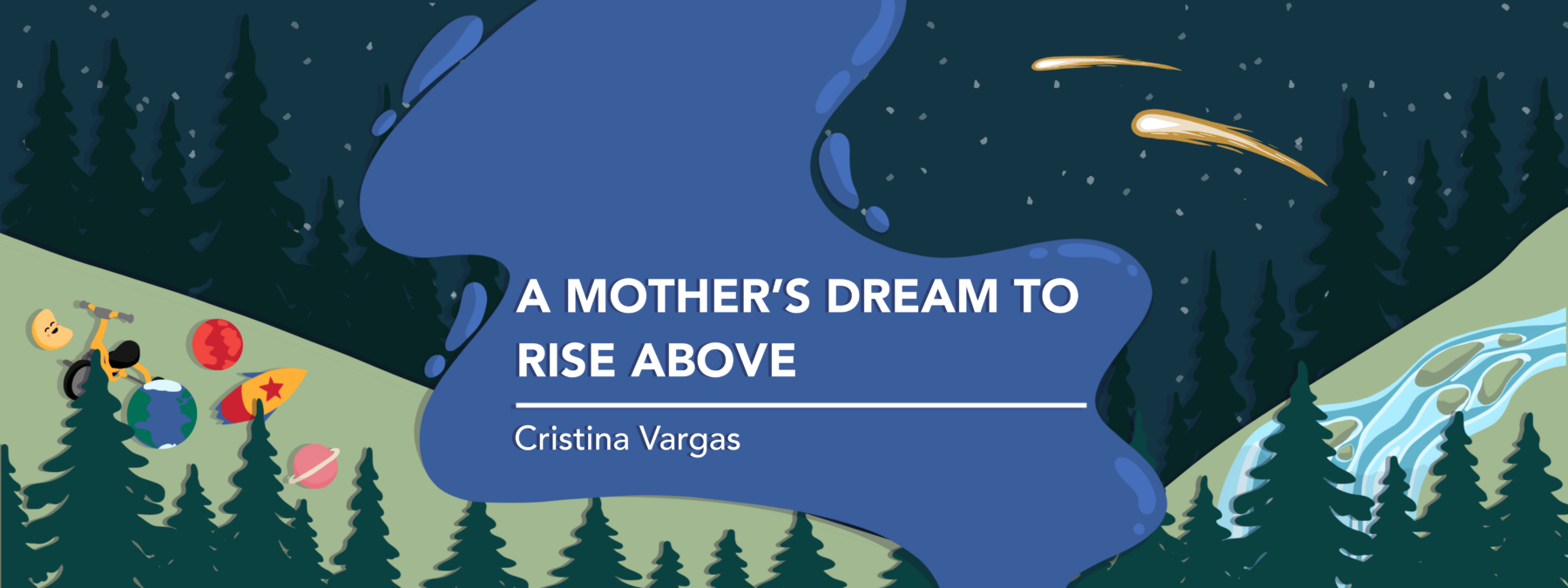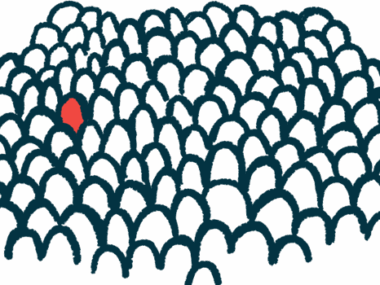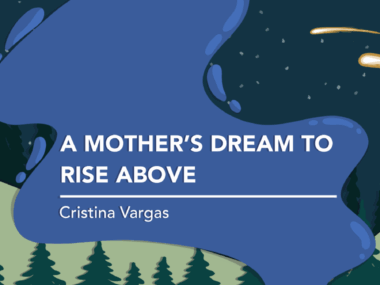How stability helps parents of children with chronic illness
A columnist shares her experience raising two children with chronic conditions
Written by |

Raising two children with rare health conditions has presented me with a multitude of obstacles to overcome. Juju, my 7-year-old son, battles Batten disease (specifically, CLN2 disease), while my 1-month-old daughter, Serenity, has pulmonary atresia, a congenital heart defect. By sharing my experiences, I hope to bring attention to the difficulties I’ve faced, which are similar to the struggles of countless other parents in the rare disease community.
Receiving the news of my children’s diagnoses was devastating. Juju was diagnosed at 3 years old, while Serenity’s condition was detected during my pregnancy. The shock and emotional turmoil that followed were overwhelming. The realization that I’d have to navigate the complexities of two rare conditions simultaneously felt like an insurmountable task. However, amid the initial despair, I was determined to gather the strength I would need to face the battle head-on.
The birth of my second child was accompanied by the added stress of having to care for my first child and his CLN2 disease. While Serenity fought for survival in the neonatal intensive care unit, Juju stayed at a Ronald McDonald House with my husband and me. We had to take turns staying with Juju and caring for Serenity. I found myself torn between two worlds. The constant juggling of hospital visits and medical appointments, and the emotional toll of witnessing my children’s suffering tested my resilience to its limits, and it added to the regular stress of parenting. However, during this period, I learned the true meaning of stability.
What it means
Stability became my anchor amid the chaos. I realized that in order to provide my children with the care that they need, I had to establish a stable environment. This involved creating routines, seeking help from loved ones, and finding solace in self-care. This not only provided a sense of normalcy for my children, but also helped me maintain the fortitude that is required to advocate for their needs.
Staying strong became a mantra that guided me through the darkest moments. It meant finding power within myself, even when I felt like crumbling under the weight of my circumstances. It meant seeking out support groups, connecting with other families facing similar journeys, and drawing inspiration from their stories. And it allowed me to be a pillar for my children, providing them with the love and care they need to thrive despite their conditions.
Overcoming the difficulties of having two children with rare conditions has been an arduous undertaking. However, following this strategy, I’ve been able to endure the process. My hope is that by sharing my experience, I can help others facing similar setbacks to find solace and discover their own resoluteness.
Parents of children with uncommon illnesses frequently find themselves in the position of advocates, fighting for their children’s rights and access to appropriate care. They may need to educate healthcare professionals, educators, and the general public about their child’s condition.
To overcome these challenges, parents can acquire knowledge about their child’s uncommon illness, gather relevant research and information, and effectively communicate with healthcare providers, school administrators, and policymakers. They can also join advocacy organizations and actively participate in awareness campaigns to bring about change and enhance support for communities affected by rare diseases.
By recognizing these difficulties and implementing strategies to overcome them, parents in the rare disease community can discover resilience, support, and resources to navigate the obstacles they encounter. It is crucial for parents to remember that they are not alone and that there is a vast network of individuals and organizations dedicated to providing assistance and advocating for the well-being of their child.
Note: Batten Disease News is strictly a news and information website about the disease. It does not provide medical advice, diagnosis, or treatment. This content is not intended to be a substitute for professional medical advice, diagnosis, or treatment. Always seek the advice of your physician or other qualified health provider with any questions you may have regarding a medical condition. Never disregard professional medical advice or delay in seeking it because of something you have read on this website. The opinions expressed in this column are not those of Batten Disease News or its parent company, Bionews, and are intended to spark discussion about issues pertaining to Batten disease.






Leave a comment
Fill in the required fields to post. Your email address will not be published.